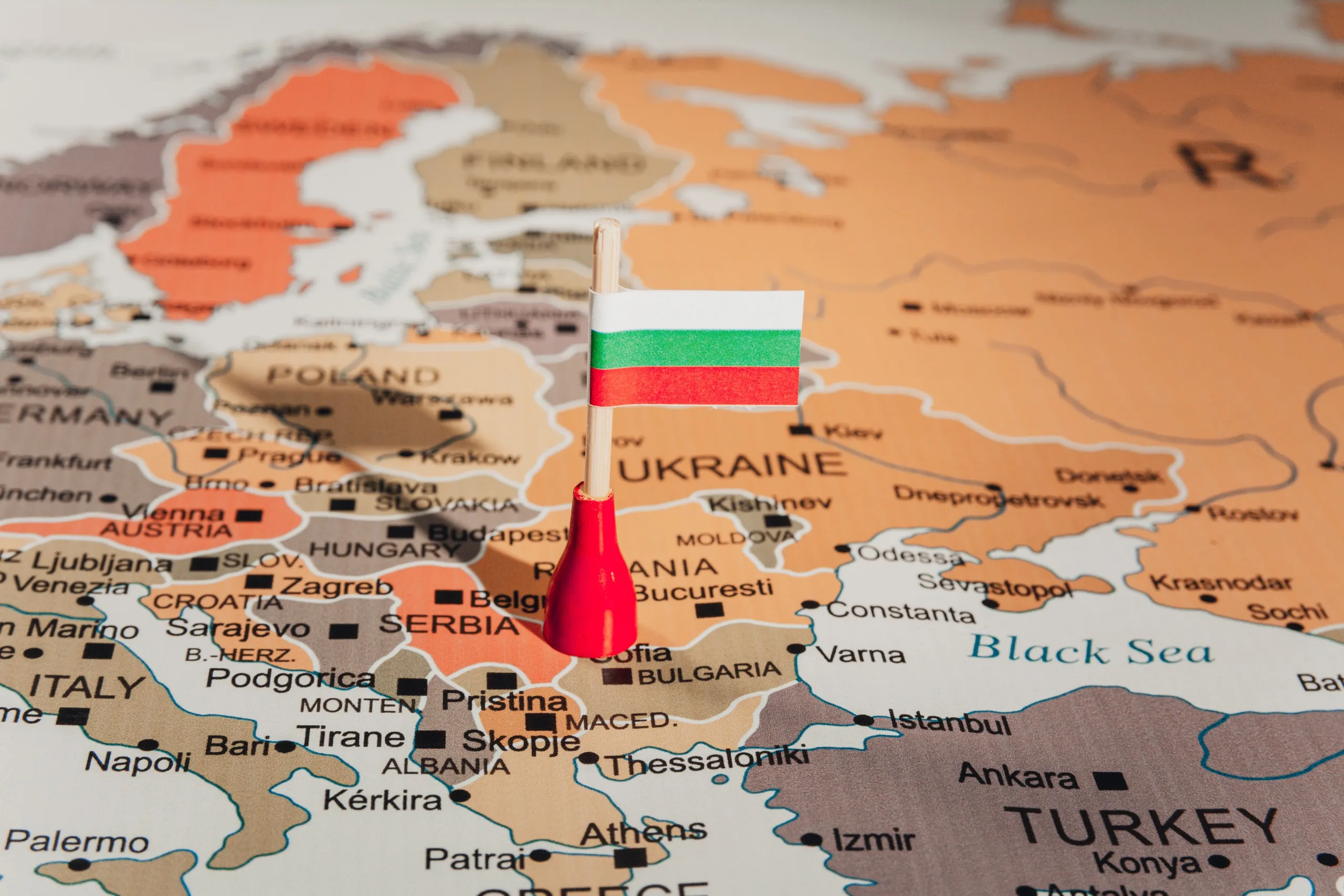Bulgaria was Communist
Bulgaria gained independence from the Ottoman Empire (modern day Turkey) in 1878. Unfortunately, Bulgaria literally hopped out of the pot and into the frying pan, because the Soviet Union took an interest in them shortly after.
They were a part of the Eastern Bloc and a member of Comecon – No – not Comic Con silly! The Council for Mutual Economic Assistance was an economic organization from 1949 to 1991 under the leadership of the Soviet Union that comprised the countries of the Eastern Bloc along with a number of socialist states elsewhere in the world. Don’t panic, Bulgaria has been a democracy since 1989.
While there are a plethora of monuments that were dedicated to the communist regime, the most mid-blowing remnant of that time period is The Red Flat in Sofia. The Red Flat in Sofia is an average family’s home that has been preserved since the late 80’s. It now serves as a museum, and is absolutely fascinating, walking through the rooms, you’ll feel like a time-travelling fly on the wall.
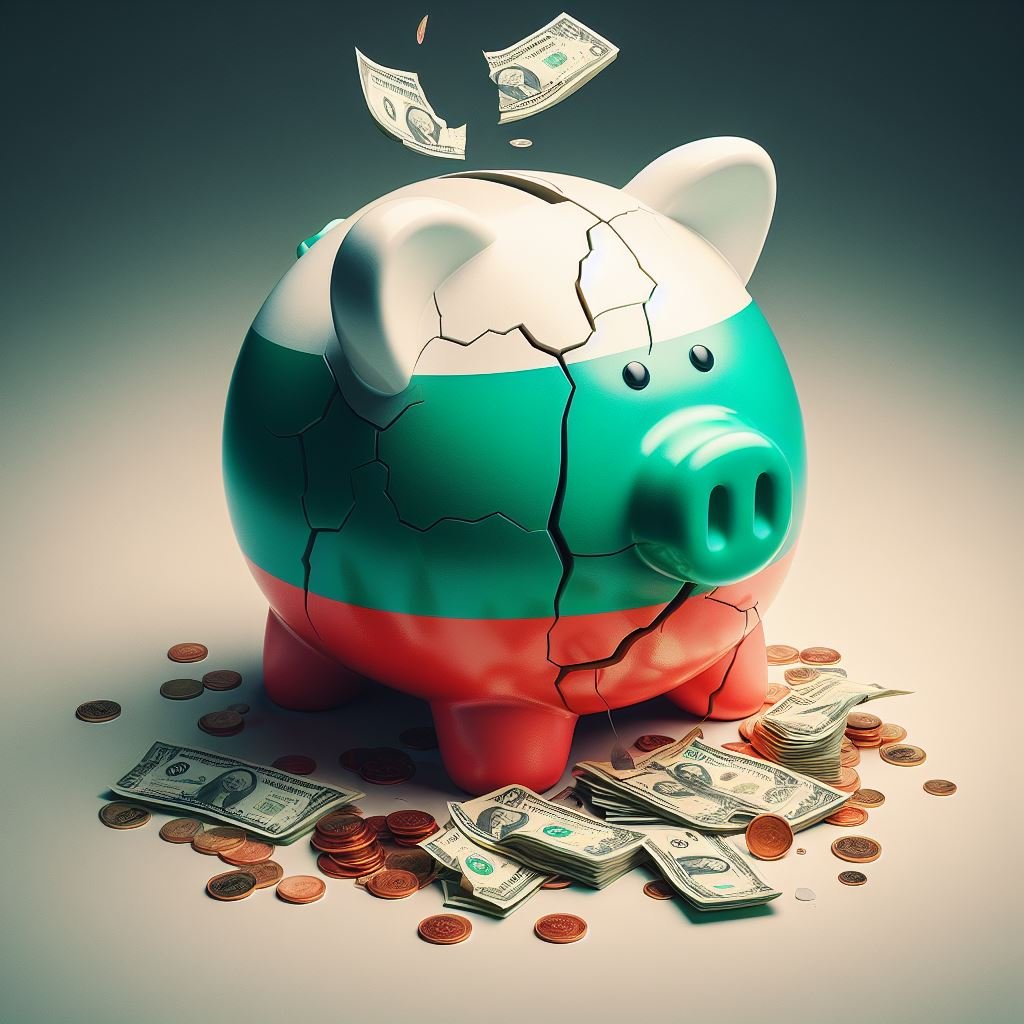
Understanding Bulgarian Currency
The currency is leva, not euro. This is good news for you though, as the leva is tied to the euro at EUR 1.00/BGN 1.95583.
So for every €1.00 or $1.00 you’ll receive almost BGN2.00. This is a super convenient conversion rate to remember, because it is simply double. When you are trying to figure out the price of something, you just need to half that amount, and you’ll know the cost in euros or dollars.
Lev can be written as Lev, Leva, BGN or лв, and the coins are called stotinki. Bulgaria plans to start implementing the euro in the near future, so by the time you read this, the beloved lev might be obsolete.
Bonus fun fact: Lev means lion in old Bulgarian. While Leva is the plural word for the currency, livari is the plural word for the big cats.
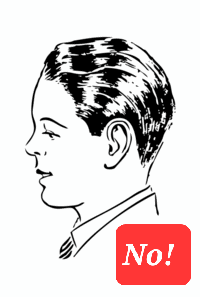
Yes means no, and no means yes
In neighbouring country Greece “né” which sounds like exactly like ‘no’ and occasionally like ‘nah’ – actually means yes. While ochi or ókhi, which sounds like “okay” or a very optimistic “okeeey” means no. My awkward encounter asking farmers in rural Greece for directions aside, let’s get back to another baffling Balkan country – Bulgaria.
In Bulgarian:
Da – means yes. It is pronounced phonetically, da.
Ne – means no. It is pronounced like ney, or neigh.
That’s not so difficult to remember, right? You may be thinking that my Greek analogy was irrelevant, but I’m getting there I swear.
Bulgarians will confuse the living daylights out of you – but only when they move their heads. Bulgarians nod their head up and down for no, and they shake their head from left to right to mean yes. Such an intuitive part of expressing ourselves is non-verbal communication, we don’t even realise that we’re doing it! All that you can do while visiting Bulgaria is pretend that it is opposite day, or choose to consciously ignore head based gestures.
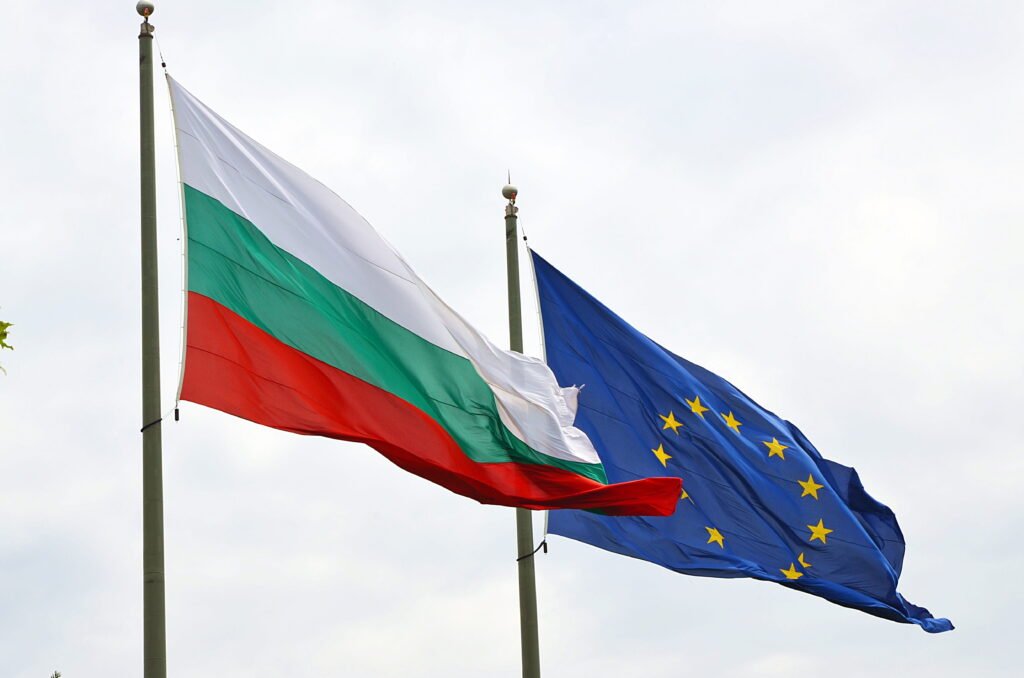
Bulgaria is Finally in the Schengen Zone
Bulgaria is now part of the Schengen area. Though they joined the European Union way back in 2007, it wasn’t until March of 2024 that they finally joined the Schengen zone. I am currently writing, and uploading this post in February 2024, but you, you future dwelling individual, well this is already a reality for you. Making this a sort of Schrodinger’s fact, or a half fact.
This is excellent news for those applying for Schengen visas, hoping to see as much of Europe as possible without the awkwardness of additional visas and border checks.
For those who don’t know, the Schengen zone is a group of European countries where people can travel freely without passport checks at their borders. Instead of individual visas, you can simply obtain a Schengen zone visa, and the vast majority of Europe is in the Schengen zone.
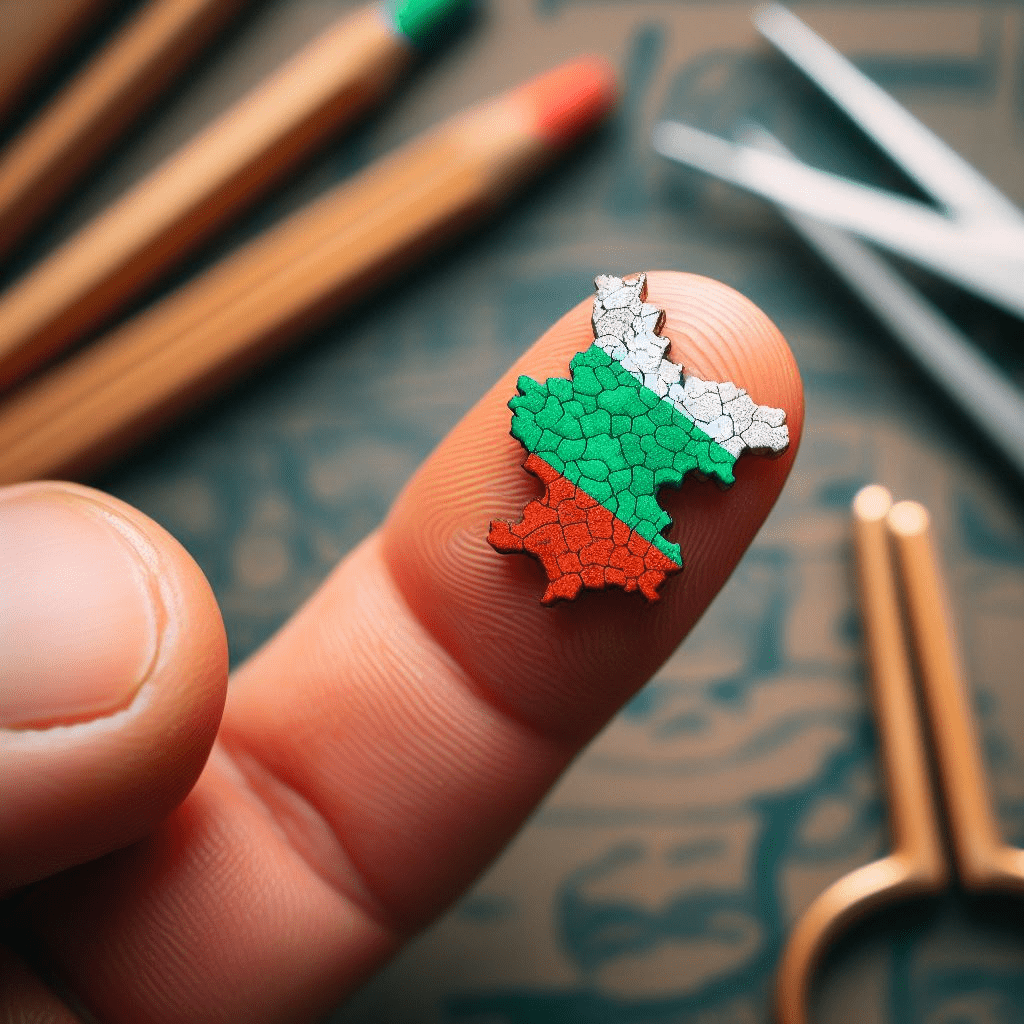
Bulgaria is Shrinking!
No, there’s not a giant pit of quicksand slowly absorbing the nation – but the population is in a rapid decline.
Bulgaria is currently the world’s fastest shrinking nation, having lost over 10% of their population in only a decade (from 2011 to 2021)
Bulgaria’s population decline has been a pressing issue in recent years, leading to concerns about the country shrinking both economically and socially. Factors like emigration, low birth rates, and an aging population have contributed to this phenomenon.
You may be wondering how this affects you? Properties in tourist hotspots like Sunny Beach in Burgas are now more affordable than ever, with ready-to-live-in apartments selling for as little as €7000.00. The property prices also affect the rental prices, meaning you can visit fabulous destinations in the peak season, for half of what you’d pay in neighbouring Greece.
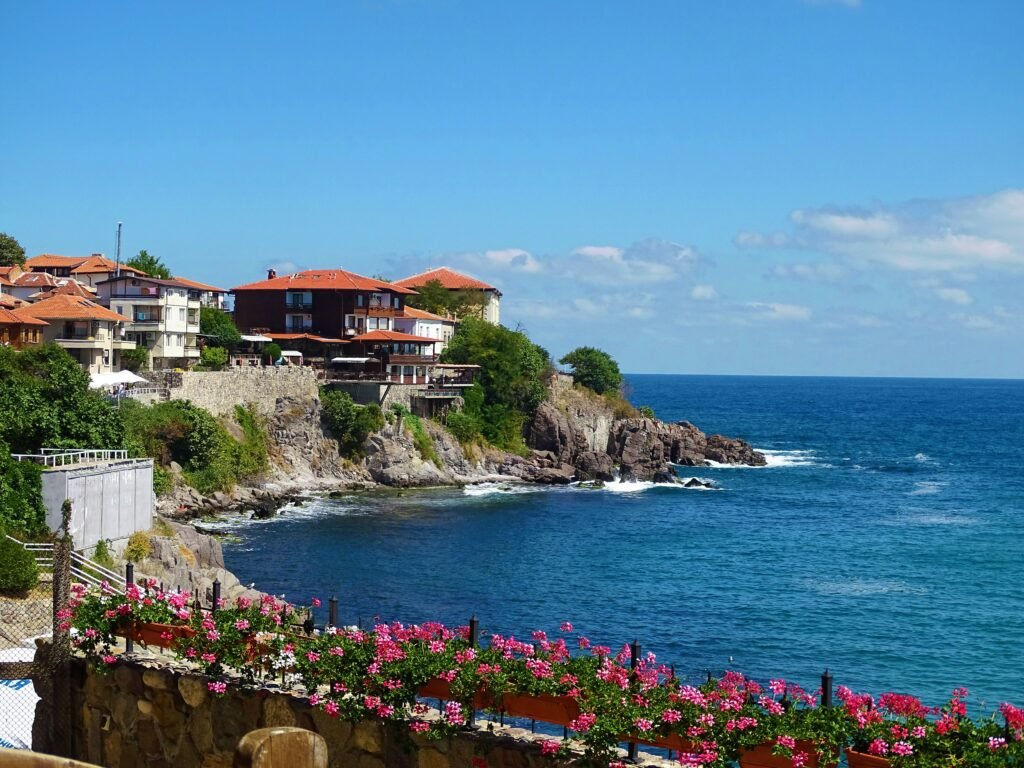
Bulgarian Bonanza
It is impossible to see everything Bulgaria has to offer on one trip.
You won’t see everything that Bulgaria has to offer on one trip, it’s just not possible. Sure you can cover a surprising amount of Sofia in a weekend. You could even visit Plovdiv, Varna, and Burgas in a matter of days by public transport. You could cram in the Rila monastery and the stunning Black Sea coast in a long weekend. It is shockingly easy to create a jam packed itinerary for Bulgaria, but it is impossible to do absolutely everything that this amazing country has to offer – on one trip.
To see everything from the quirky International Bagpipe Festival in the Rhodope Mountains, to the delicious smelling Rose Festival in Kazanlak, you would have to either live in Bulgaria, or plan multiple trips.
The best way to get the most out of your visit to Bulgaria is to pick the top things you want to see and figure out what time of year they happen. Many of the most popular and unique festivals take place during the summer, which also happens to be an amazing time to explore the country

